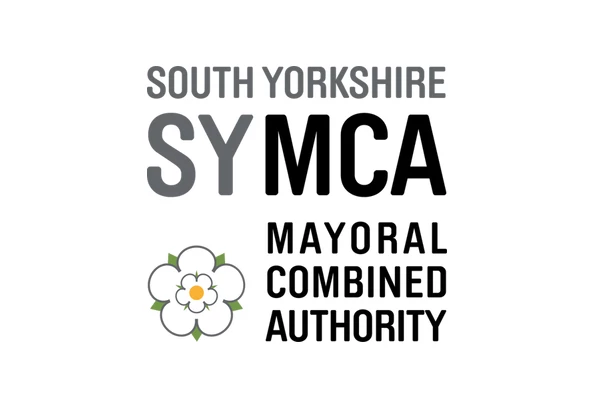
Member Article
The real effect of adjudication
Every year, the Royal Institution of Chartered Surveyors hosts an international COBRA conference which spawns a wide range of industry related research papers.
One that caught my eye from this year’s event, in India, looked at the viability of adjudication for dispute resolution in the UK’s construction industry.
Some of you know that one of my passions is to find ways of resolving disputes without unnecessary delay and undue cost. I have for a number of years acted for clients as a negotiator or expert witness to resolve disputes in rent reviews lease renewals and service charge demands. This led me to become an arbitrator and independent expert appointed to determine those types of disputes. But the wider role of seeking alternative ways of resolving disputes caught my attention and in 1996 I became an accredited mediator.
The role of the mediator is to help the parties in dispute to find a solution, that each can accept. Mediation is a facilitated negotiation that explores avenues an adjudicator, arbitrator, expert or judge cannot, because they are required to work within predetermined rules and only consider issues they are asked to determine. My view is that mediation is a lot more flexible, quicker and less costly than other forms of dispute resolution.
At the COBRA 2013 conference an exposition of adjudication was set out and a survey reported on users’ views of its effectiveness. Adjudication was introduced because arbitration, once heralded as the panacea to resolve disputes quickly, particularly in construction, was taking too long and becoming too expensive.
Adjudication has been with us officially for a number of years. It was introduced into the UK in its current form by the Housing Grants, Construction and Regeneration Act 1996 as amended under Part 8 Section 108A of the Local Democracy, Economic Development and Construction Act 2009. However, the COBRA paper reports that perceptions differ on the results of using adjudication and the detrimental effect this may have on the key strategic relationship between the Main Contractor and Sub-Contractor on any given project.
A questionnaire was distributed to 44 main contractors and sub-contractors and independent analysis of the results gave surprising insights. Sub-contractors were more likely to view adjudication as non-fatal to the relationship with the main contractor. The latter, however, are more unlikely to want to work with the adjudicating party again.
It was noted that people hold grudges and have long memories when contractual partners adjudicate against them. The conclusion reached is that adjudication can severely damages relationships and alternatives such as compulsory mediation ought to be promoted more strongly. Hear, hear say I. In my experience, the results of adjudication are markedly different from those of mediation, which if carried out effectively is designed to reinforce relationships and continuity of business. It is something we should remember as the country continues to emerge from the doldrums and such services are certain to be increasingly in demand.
This was posted in Bdaily's Members' News section by JK Property Consultants .
Enjoy the read? Get Bdaily delivered.
Sign up to receive our popular North East morning email for free.



 How advancements in technology are shaping the future of the economy in North East England
How advancements in technology are shaping the future of the economy in North East England
 South Yorkshire Craftsmanship and Innovation: A Tale of Heritage and Growth
South Yorkshire Craftsmanship and Innovation: A Tale of Heritage and Growth
 Demystifying Degree Apprenticeships
Demystifying Degree Apprenticeships
 Industry-focused apprenticeships pave the way for a bright future in science manufacturing
Industry-focused apprenticeships pave the way for a bright future in science manufacturing
 What’s the best hosting plan for a business website?
What’s the best hosting plan for a business website?